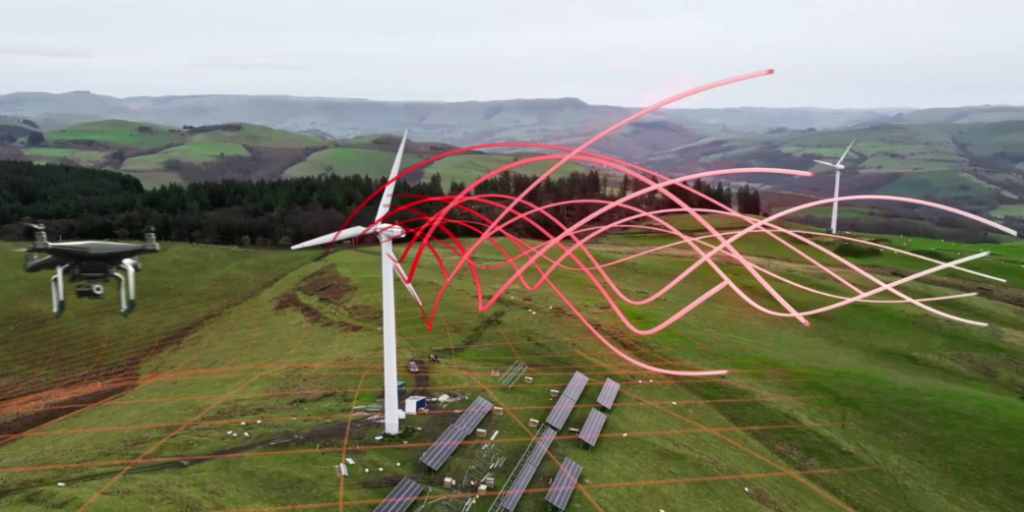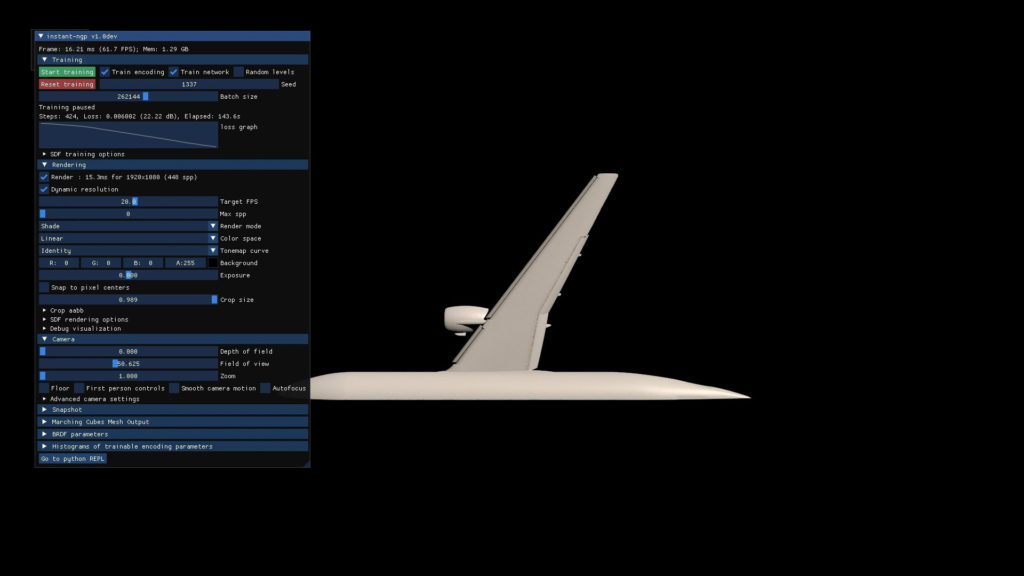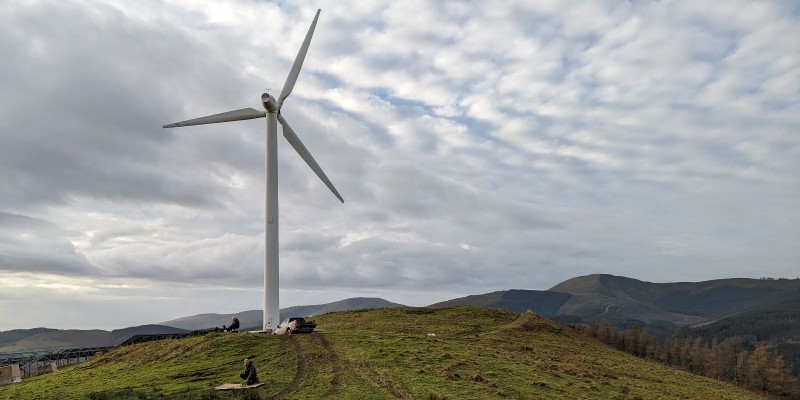
Saving the planet seems to have gathered extra momentum recently, to the extent that a climate emergency has been declared by the UK Parliament. A United Nations Environment report towards the end of last year called on countries to triple their efforts to keep global warming below 2 degrees Celsius and avoid catastrophic climate change. Indeed, just this week, the UK Government has committed to net zero greenhouse gas emissions by 2050. (BBC) How can supercomputing help to meet this target?
High tech is vital to take on the climate change challenge, whether it’s increasing efficiency and developing clean tech to harnessing the potential of IoT and AI. Strategic partnerships between different sectors, tech start-ups and disruptors, large-scale corporations and academics are certainly a valuable way to maximise resources, share knowledge and push innovation forward.
This article will examine such partnerships and the cross-sector impact of HPC research in the aeronautical field on the optimisation of wind energy.
Wind Energy in the UK
The shift to clean energy is central to reduce carbon emissions, but it also has economic value with reports predicting that this sector could grow at four times the rate of GDP. Renewables already provide nearly a third of the energy in the UK and half of this is generated by wind energy.
Onshore wind is the most cost-effective form of clean energy in the UK being cheaper than gas, nuclear, coal and other renewables. With more installed capacity than any other country, the UK is a world leader in offshore wind energy. It will generate over 10% of UK electricity by 2020 with ambitions to produce a third by 2030. Significantly, the cost of offshore wind power has reduced by 50% since 2015, and it is now cheaper than new gas and nuclear.
The challenge to maximise wind energy’s powerful potential
With the UK one of the best places to harness wind power, improving the efficiency of wind farm design will have a significant impact in terms of lowering carbon emissions.
The industry has used traditional engineering wake models to address the challenge of modelling larger farms when assessing wind resources. It has rejected the use of unsteady RANS-based wake interaction models as too time-consuming and expensive to be commercially viable.
The tools and computing power to perform high fidelity simulations of offshore and onshore wind projects, including wake effects, are now affordable and accessible to the wider industry. Modern software, running on commodity computing hardware, can now deliver higher fidelity modelling and is capable of addressing previously ignored effects such as the blockage effect, or the lateral spacing between turbines, in large wind farm arrays.
Game-changing results
Recently this new method was put to the test with impressive results. Zenotech’s CFD solver, zCFD, which allows for simulations to be run affordably at scale, performed effectively in a blind test. In this case, it was a simulation for the energy supplier, SSE at its Greater Gabbard Offshore Wind Farm with independent validation to 2%.
This blind test demonstrates that users can place confidence in the use of the zCFD software and that it offers an effective way to help optimise future wind farms. The entire data set was produced in six hours, making use of cloud HPC via our EPIC platform.
The wind energy sector is now in a strong position to modernise its simulation capability to better predict wind array generating power and lifespan. The body of evidence from various validation exercises is growing, and has reached the critical point where these new these methods will become the norm.
Cross-sector strategic partnerships
The applications of our research and development operate across sectors with work in aeronautical, for instance, creating advances for the renewable energy sector.
Take Hyper Flux ++ where we collaborated with Bombardier, CFMS, Aircraft Research Association to develop the capability for the aerodynamic modelling of undercarriages and nacelles. In turn, this project helps us to drive forward our ground-breaking work with Airbus Endeavr to investigate advanced acoustics modelling in aero engineering to reduce aircraft noise. Noise-related charges are being introduced in relation to environmental and regulatory restrictions. Therefore engineering teams have a market need for faster and more accurate simulation tools to reduce undercarriage noise. The results of this project can then be applied to the wind energy sector to reduce the noise of turbines and increase the scale of wind farm development.
Oliver Darbyshire, our lead CFD engineer, commented:
“With the need to mitigate the damaging effects of climate change, reaching a pivotal point, technology is stepping up and offering solutions. Indeed, at Zenotech, we are proud to be playing our part by using the power of supercomputers to successfully to optimise the generation of wind energy which will have a real-world impact in reducing carbon emissions.
“Our work with Airbus Endeavr is a great example of how tech advances in one sector can have a major impact on the green economy. In this project, we are driving innovative research on creating more accurate simulations to reduce aircraft noise, which can then be applied to our ground-breaking work in the wind energy sector. For us, strategic tech partnerships across industries are vital to make a real impact.”
Minister for Science, Research and Information, Chris Skidmore said:
“As Science Minister, I’m delighted with the work that Zenotech is doing, one of the many green tech companies that are thriving in the United Kingdom. We are determined to be world leaders when it comes to clean growth, when it comes to tackling climate change.
“We can only do that by looking at how we can improve technologies for the future, ensuring that we can be inventing and commercialising technologies that will transform our economy. It’s really important that we look at green opportunities for the future and ensure that in the United Kingdom we play our part in helping to make the world a greener place.”
Nick Crew, Chief Operations Officer at Airbus Endeavr added:
“Endeavr commissions early stage research through to ‘proof-of-concept’ – the point where value can be realised. We’re always on the look-out for SMEs and academics to help us address one or more of the many challenges faced by Airbus and its supply chain, so if you have a research idea – or a new technology – that you’d like to discuss, get in touch.”
Of course, big computers on their own cannot save the world … but harnessing the power of HPC and CFD plays a significant part in creating more efficient designs, reducing costs and optimising clean energy. Follow our blog and sign up to our newsletter to find out more about green HPC.
If you’re interested in discussing how our EPIC or zCFD products could help your business, do get in touch.



